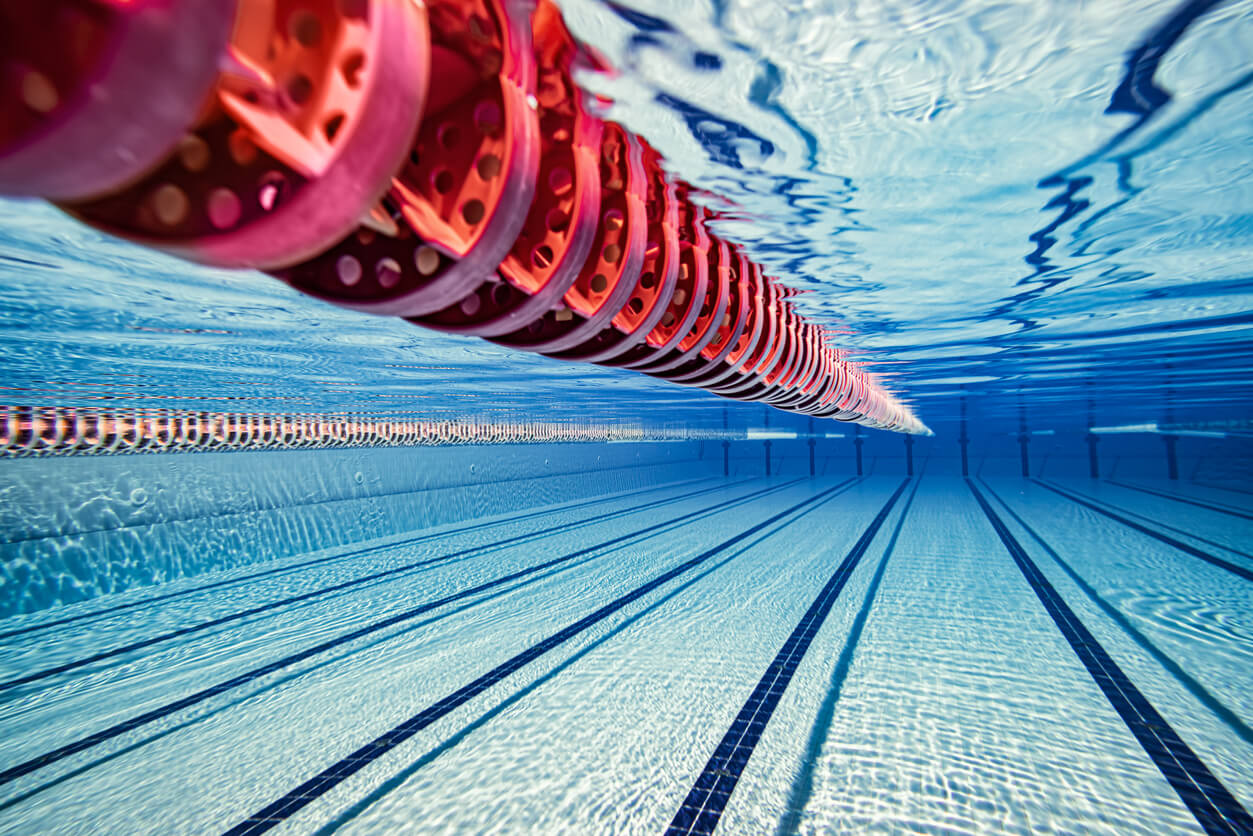It’s summer, and that means it’s time to hit the pool. Whether you’re visiting a public or private facility, it’s important to stay safe, especially if you have children. Unfortunately, hundreds of people throughout the country drown every year in swimming pools and spas. And drowning is not the only injury victims suffer. After a swimming pool accident, you need the skilled legal representation of Hale & Monico.
Common Injuries in Swimming Pool Accidents
There are a number of injuries that you or a child could suffer at a swimming pool:
- Drowning
- Near drowning injuries (e.g., brain damage caused by lack of oxygen)
- Slips and falls
- Spinal cord injuries
- Traumatic brain injuries
- Diving injuries
- Lacerations
- Internal organ damage
- Paralysis
Children tend to be overrepresented in the number of swimming pool accidents that occur every year. That’s why swimming pools are considered an attractive nuisance under the law. That term refers to a dangerous condition on someone’s property that is likely to attract children and young adults and thereby cause harm. Swimming pool owners – including private residences, hotels, motels, swim clubs, resorts, and others – are required to take certain steps to keep children from entering the pool area and getting hurt.
Depending on the individual circumstances, a property owner may be required to do such things as:
- Install fencing around the pool. A child can easily access a pool that has no fence protecting it. Fencing is an easy step to minimize the risk of drowning.
- Lock gates and doors around the pool. Similarly, a child should not be able to open a gate or access an indoor pool without supervision. Unlocked gates and doors might as well be wide open.
- Cover the pool. The pool may need a fiberglass cover that is installed and used properly. This is especially true during the off season or when the owners are out of town.
- Use motion sensors. A motion sensor can detect whether someone has entered the pool area. More sophisticated ones set off an alarm when the pool water has been disturbed.
- Supervise all guests. When the pool is in use, all guests must be properly supervised. A lifeguard or proper signage may be required, particularly in commercial pools.
Failure to take these and other steps could render the property owner liable if someone gets hurt. It doesn’t matter whether the child is a trespasser or hasn’t been invited onto the property. The attractive nuisance doctrine puts the burden on the property owner to use reasonable safety methods to minimize the risk of injury.
Property owners, therefore, owe a clear duty to children when it comes to pools. But adults are also protected under the law. If, for instance, a pool owner allows an adult to consume excessive alcohol on the premises, and that person drowns, the victim’s family may have legal recourse.
After an accident, the victim must prove that the owner was negligent in some way. Not taking the above precautions is one way to do it. Lack of poolside emergency rescue or medical equipment, especially at larger facilities, could also establish that the owner was negligent. If you or a loved one were hurt at a pool, taking legal action will be necessary to demand compensation for your injuries.
Contact Hale & Monico Today
The personal injury lawyers of Hale & Monico are knowledgeable in all areas of premises liability law, including swimming pool accidents. We will investigate the circumstances surrounding your injury and fight to ensure the property owner is held responsible. Count on our experienced team when you need it most. Give us a call today to schedule your consultation.

